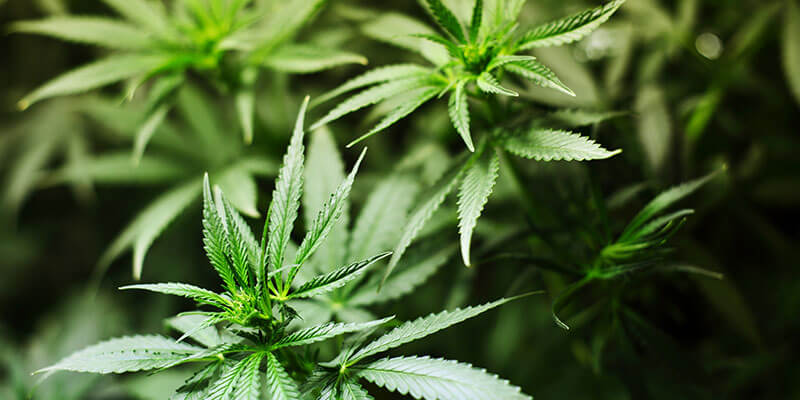On July 30, 2019, a petition was filed with the Secretary of State. This petition is known as the Idaho Medical Marijuana Act, and it requires 55,000 signatures by April 30, 2020. This will put it on the ballot for a vote this November. If it receives the right number of signatures and it is voted for, it may become law.
The Idaho Medical Marijuana Act is 20 pages long and it includes all of the rules that will be in effect, such as:
- The term “marijuana” includes all parts of the cannabis plant, its compounds and derivatives.
- Who would be qualified to use medical marijuana.
- The marijuana card holder would be able to have up to 4 ounces on their person.
- Their “agent” and “caregiver” could also have up to 4 ounces on their persons.
- Cardholders, agents and caregivers are allowed to grow up to 6 plants on their property



